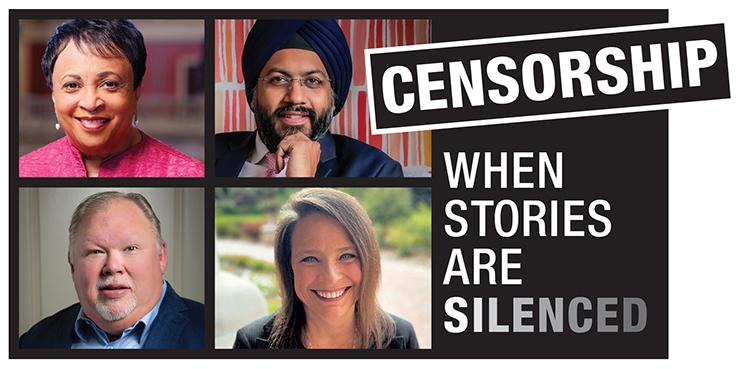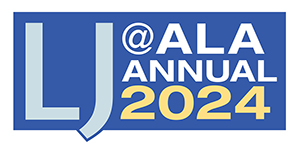Academic Libraries
ALL ACADEMIC LIBRARIES COVERAGE
Many accessibility options are available to academic librarians and library workers, but the costs involved in training staff, reworking spaces, and purchasing tools can be limiting. It therefore falls on each library to best allocate their resources. In order to bring to light possible approaches, Osama Youssef Smadi, associate professor of special education at the Imam Muhammad bin Saud Islamic University in Saudi Arabia, surveyed students with disabilities. In the 2021–22 academic year, 160 students with physical, health, visual, and hearing disabilities registered with the university’s Special Needs Services Center.
On July 16, Ithaka S+R released a new report, “Exploring Basic Needs Support Across Public and Community College Libraries,” as the first phase of its Maximizing Public-Academic Library Partnerships project. The report, authored by Senior Analyst Sindy Lopez, Analyst Sage Love, and Researcher Melissa Blankstein, surveys basic needs services promoted on public and community college library websites to see where that information differs, overlaps, and could potentially be expanded as partnerships.
Offers an extraordinary look inside the world’s premier producer of Shakespeare plays and other renowned theater productions outside of the Shakespearean canon.
This well-designed, stimulating resource offers robust content for students, instructors, and researchers of dress history and design, including film and theater costuming.
The first half of 2024 has been full of astronomical events—the eclipse, the northern lights, and sublime images of space. Here on Earth, LJ reviewers have discovered 490+ stars of their own, with books that have earned the magazine’s highest accolade, a starred review. To celebrate these dazzling reads, we have gathered their constellation of reviews, with an accompanying downloadable spreadsheet, sortable by subject/genre and BISAC heading.
Anyone who is attending this year’s American Library Association (ALA) Annual Convention in San Diego hoping to hear more about artificial intelligence (AI) and its impact on libraries has not been disappointed. “Breaking Boundaries: Harnessing the Power of Artificial Intelligence and ChatGPT to Transform Library Services,” one of the earliest panels on Saturday morning, was presented to a full house—five conjoined rooms with every seat taken.
Resource sharing between libraries is nothing new, of course — but what is new is the ease with which potential resource-sharing partners can find each other. We spoke with three librarians who play leading roles in the Rapido/RapidILL resource-sharing community.
Many college and university libraries have amassed special collections and are digitizing these collections to share them more widely. Yet, institutions often struggle to find sustainable solutions for accomplishing this work. Skidmore College is solving this problem with the help of a flexible suite of services for digital collection stewardship from ITHAKA.
Bloomsbury Visual Arts hub is a comprehensive resource covering all aspects of the visual arts, from the art to the artist to the industry. It is an essential, top-tier resource for the study and practice of the visual arts across all areas.
Learn how to transform the library experience with linked open data and AI library cataloging.
Through generative AI, a transformational trend has emerged in the realm of discovery experiences: conversational discovery.
What if users could borrow a title like they order a meal?
ALREADY A SUBSCRIBER? LOG IN
We are currently offering this content for free. Sign up now to activate your personal profile, where you can save articles for future viewing












